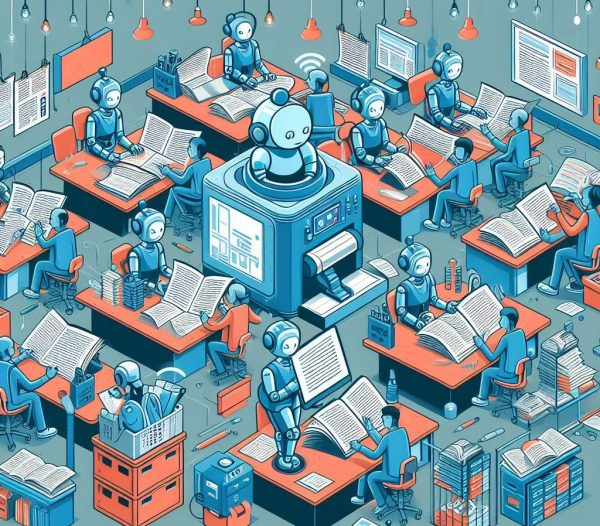Forecasting the evolution of jobs in an economy is difficult. There is a lot of speculation currently about the impact of AI on the job market. According to an announcement of PWC based on a survey of global CEOs: a quarter of those interviewed estimated job cuts in the range of 5% in the next year. Google and Amazon have announced such cuts already in the fields of advertising and streaming, respectively. Both companies quote AI as reason for redundancies.
The IMF Staff Discussion Notes No. 2024/001 also stresses the higher impact on white collar employees rather than the bottom of the skill level and faster in more advanced economies.
Like it or not we shall have to deal with the pitfalls and opportunities of AI. The labour market is the prime target of my AI’s impact despite its use for multiple other purposes. AI enhanced robots might find their way even into personal care (fiction only until recently, Link) thereby coming close to very personal services. The future of work (another IMF paper) is happening now, and it is happening in combination or collaboration with AI. It will also be a distributional question of sharing the benefits of it rather than only the risks of job loss and enhanced performance and profits.
AI as image creator of BING interpreted my prompt in a way where robots outnumber humans in production, despite a different prompt specifying another share for robots. Job shifts will come, many might come sooner rather than later.
(Image prompt BING Mit KI erstellt ∙ 29. Januar 2024 um 8:34 PM
“20 persons work jointly with 5 robots on a newspaper editing texts”.)

